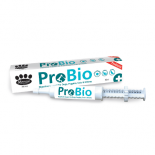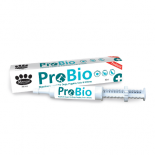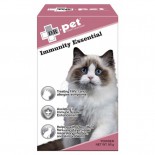Supporting the Management of Feline Herpes Virus
When fed to cats with FHV-1, L-lysine has been shown to be effective in supporting the lessening of the severity of symptoms and reducing viral shedding (or transmission). Feline herpes virus, one of the most common causes of respiratory infections and eye problems in cats, can be transmitted from cat to cat through discharge from the nose, eyes or mouth and also through litter boxes, water dishes and food. The most common symptoms of FHV-1 in kittens are sneezing and nasal discharge, along with an eye infection and ocular discharge. In cats, the most common symptoms are chronic eye infections or recurrent corneal ulcers. FHV-1 affects cats only and cannot be passed on to humans or to other species of animals.
Lysine 100 is fed to cats with Feline Herpes Virus (FHV-1). It is a palatable lysine base that comes in a unique paste for easy administration.
Echinacea – Renowned for its natural benefits and the subject of many scientific studies. Naturally supporting the immune system and supports resistance to infection. Echinacea was one of the basic antimicrobial herbs of eclectic medicine from the mid 19th century through the early 20th century, and its use was documented for snakebite, anthrax, and for relief of pain. In the 1930s Echinacea became popular in both Europe and America as a herbal medicine.
Each ml of Lysine 100 contains 250mg of Lysine HCI in a highly palatable base with Echinacea to support immunity. Lysine 100 is highly palatable and is easily accepted by most cats, safe, easy-to-administer and affordable.
 載入中...請稍候...
載入中...請稍候...



 首頁
首頁



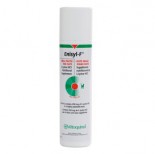

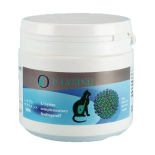
![美國 VetriScience - Lysine Plus 貓用賴氨酸營養補充小食 (120粒) [0900743.120]](https://petpethome.com.hk/product_images/u/142/vetri-lysine-plus-cats1__90928_thumb.jpg)
